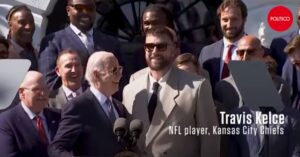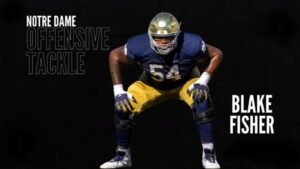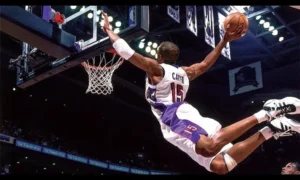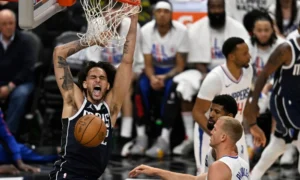Does Age Discrimination In NFL Exist?
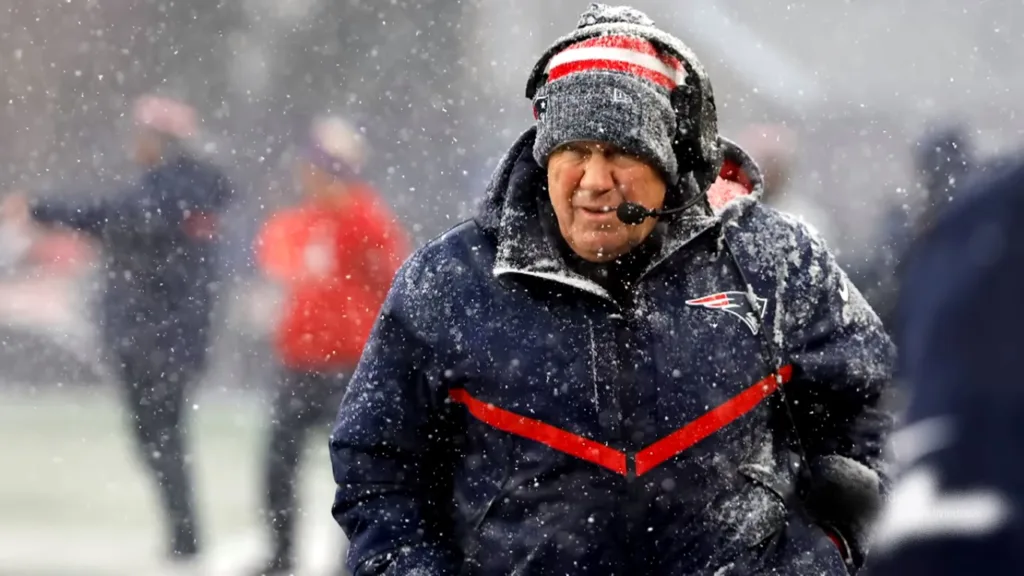
In a peculiar manner, the NFL has benefited indirectly from its ongoing battles with racial bias in the appointment of general managers and coaches. The inquiry into whether the league is biased against senior coaches has been masked by it to clarify either age discrimination in NFL exist or not.
The majority of traits with legal protections are hardwired. People are unique, regardless of their color, gender, sexual orientation, or disability. If we’re fortunate enough, we’ll all reach that one protected class.
Age discrimination in NFL is illegal under federal law and most state laws, if not all of them. At forty years old, protection starts. However, it’s evident that as 40 gets closer to the rearview mirror, the temptation to discriminate might grow greater.
There have been numerous instances of potential ageism in the more than 22 years that we have been running this particular media source. It frequently occurs in lower-profile positions like scouting. It’s reasonable to wonder if there’s a prejudice against senior head coaches given the most recent head coach hiring cycle.
There were two of the greatest coaches in league history accessible. 71-year-old Bill Belichick was given one interview. Not even Pete Carroll, 72, did.
Eight new head coaches (James Harbaugh, 60; Dave Canales, 42; Antonio Pierce, 45; Raheem Morris, 47; Dan Quinn, 53; Mike Macdonald, 36; Jerod Mayo, 37; Brian Callahan, 39). Those eight coaches have an average age of 44.8. The average would have been 42.8 if Quinn, who is 53 years old, had been selected by Washington in favor of 37-year-old Ben Johnson.
Commissioner Roger Goodell fielded a meandering question at his invitation-only Super Bowl press conference that appeared to address the problem of age bias, with some seasoned, experienced head coaches being frozen out of employment completely and others being demoted to the position of assistant head coach for a much younger head coach in a number of situations.
“There’s quite a lot there.” “Let me attempt to make sure I cover all of your questions. The NFL is fiercely competitive both on and off the field, and that is where I would start. And in this league, winning is difficult. True, perhaps the best NFL coach ever isn’t coaching this season, but I believe our teams are more concerned about the future. In what ways can we recruit the best administrators, general managers, and coaches going forward? I believe that the key to our rules and procedures is that everything in our league is getting better and better in terms of talent and quality, and our clubs are searching for it in all directions.”
“The results improve with improved processes. I think our teams will do well in the future and there will be younger, maybe even older, coaches if they keep searching for the best candidates for their roles, recognize the value of diversity for our team, and bring in the best talent. Some of the more experienced coaches have called me and said, “I want to mentor some of these younger coaches.” I think mentorship is really important. We all need mentorship, in my opinion. In the end, I believe that’s a good thing.”
Roger Goodell
Quite a bit over there. Furthermore, it’s a word salad designed to stall discussion on a potentially complex issue and hold off on answering questions until the next slow-pitch softball, as is routine.
Something like this would have been a better question:
“In the most recent cycle, one of the greatest coaches in NFL history was interviewed once. Interviews with another coach who won a Super Bowl were not given. Ages seventy-two for both. Wade Phillips is among the coaches who have stated that their age prevents them from playing in the NFL. What issues of age discrimination in NFL have?”
It would have been impossible for Goodell to ignore it or minimize it. The real question is, nevertheless, that.
Until an NFL lawsuit alleging age discrimination is filed, it will be irrelevant. Will it ever occur? With the possible effect of suing the league on the plaintiff’s chances in a small industry, most never imagined that a lawsuit alleging race discrimination would be brought against it.
(During the most recent cycle, Brian Flores did not receive a single head coaching interview; Steve Wilks’ defense held the Chiefs to 19 points in 60 minutes of Super Bowl regulation play, earning him both no interest and the firing boot.)
Finding a lawyer with experience in similar cases and their willingness to launch a lawsuit are the only requirements. The argument that owners—the majority of whom are well inside the protected class—have a history of getting younger—partly because being younger translates into going cheaper—may find strong circumstantial evidence during the discovery process.
If and when a case is filed, the courts will decide how to handle this. It’s interesting for the time being, at least. It may develop into yet another significant issue over time, one billable hour at a time, which the league will ultimately need to address.

